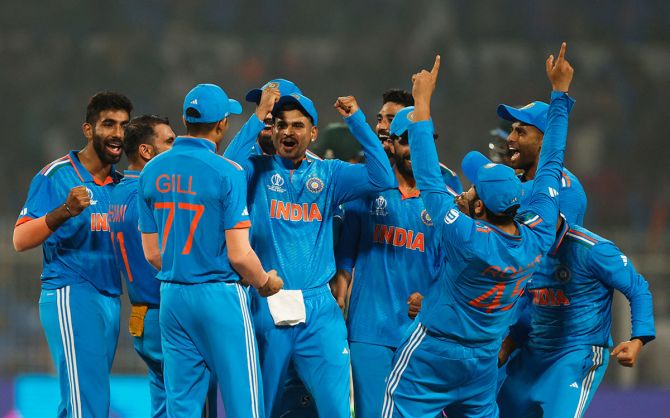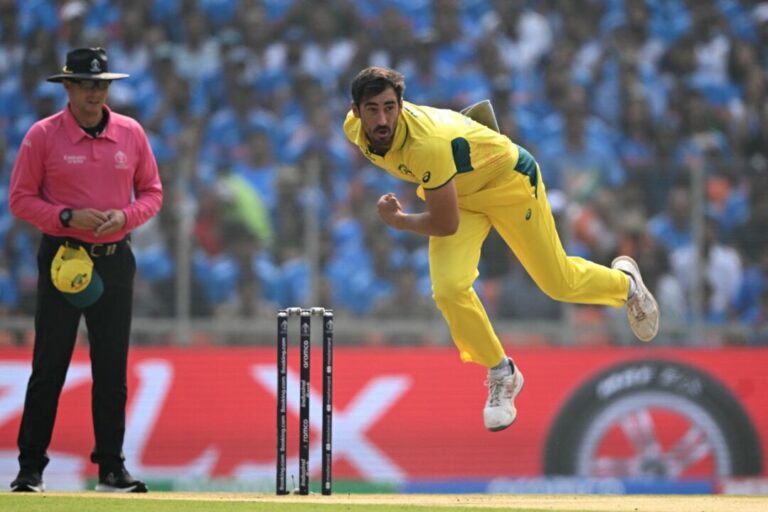Captains of Cricket: Leadership Lessons from the Best
Online Cricket Id, Allpaanel: Successful cricket captains possess a combination of leadership qualities that set them apart on and off the field. One of the key characteristics is their ability to remain calm under pressure, make quick decisions, and adapt to changing game situations. These captains have a deep understanding of the game and are able to strategize effectively to outsmart their opponents.
Furthermore, successful cricket captains are also excellent communicators who can inspire and motivate their team members. They lead by example, displaying dedication, hard work, and a positive attitude that resonates with their players. These captains are respected by their team not just for their skills on the field, but for their ability to unite and bring out the best in each individual player.
Building Trust and Respect Among Team Members
Trust and respect are fundamental pillars for a successful cricket team. Without trust, players may struggle to work together cohesively, hindering team performance. It is essential for team captains to create an environment where every member feels respected and valued for their contributions. This can be achieved by fostering open communication, actively listening to team members’ concerns, and acknowledging their efforts towards the team’s success.
Effective leaders in cricket understand the significance of building strong relationships within the team. By demonstrating integrity, authenticity, and empathy, captains can earn the trust and respect of their teammates. Encouraging a culture of mutual support and collaboration can enhance team dynamics and motivate players to perform at their best. Ultimately, a team that is united in trust and respect is better equipped to overcome challenges and achieve their goals on the field.
Effective Communication Strategies on and off the Field
Communication lies at the heart of effective leadership in cricket. Both on and off the field, successful captains prioritize clear and concise communication with their team members. By providing timely and relevant information, captains ensure that every player is on the same page and ready to perform at their best.
In addition to verbal communication, body language plays a significant role in conveying messages to the team. Captains who exhibit positive body language, such as maintaining eye contact, nodding in agreement, and using open gestures, foster a sense of unity and trust among team members. This non-verbal form of communication can often speak volumes and strengthen the bond between the captain and the players.
Effective communication strategies on and off the field are essential for successful leadership in cricket. Here are some key points to keep in mind:
• Verbal Communication: Clear and concise communication is crucial for ensuring that all team members understand their roles and responsibilities.
• Timely Information: Providing relevant information to the team in a timely manner helps everyone stay informed and prepared.
• Body Language: Positive body language, such as maintaining eye contact and using open gestures, can enhance communication and build trust among team members.
• Unity and Trust: By fostering a sense of unity through effective communication, captains can strengthen the bond with their players both on and off the field.
What are some key characteristics of successful cricket captains?
Some key characteristics of successful cricket captains include strong leadership skills, effective communication abilities, strategic thinking, and the ability to motivate and inspire their team members.
How can cricket captains build trust and respect among team members?
Cricket captains can build trust and respect among team members by being transparent and honest in their communication, leading by example, showing appreciation for their team members’ efforts, and fostering a positive team culture.
What are some effective communication strategies that cricket captains can use on and off the field?
Some effective communication strategies that cricket captains can use on and off the field include active listening, providing clear and concise instructions, giving constructive feedback, and maintaining open lines of communication with team members.







